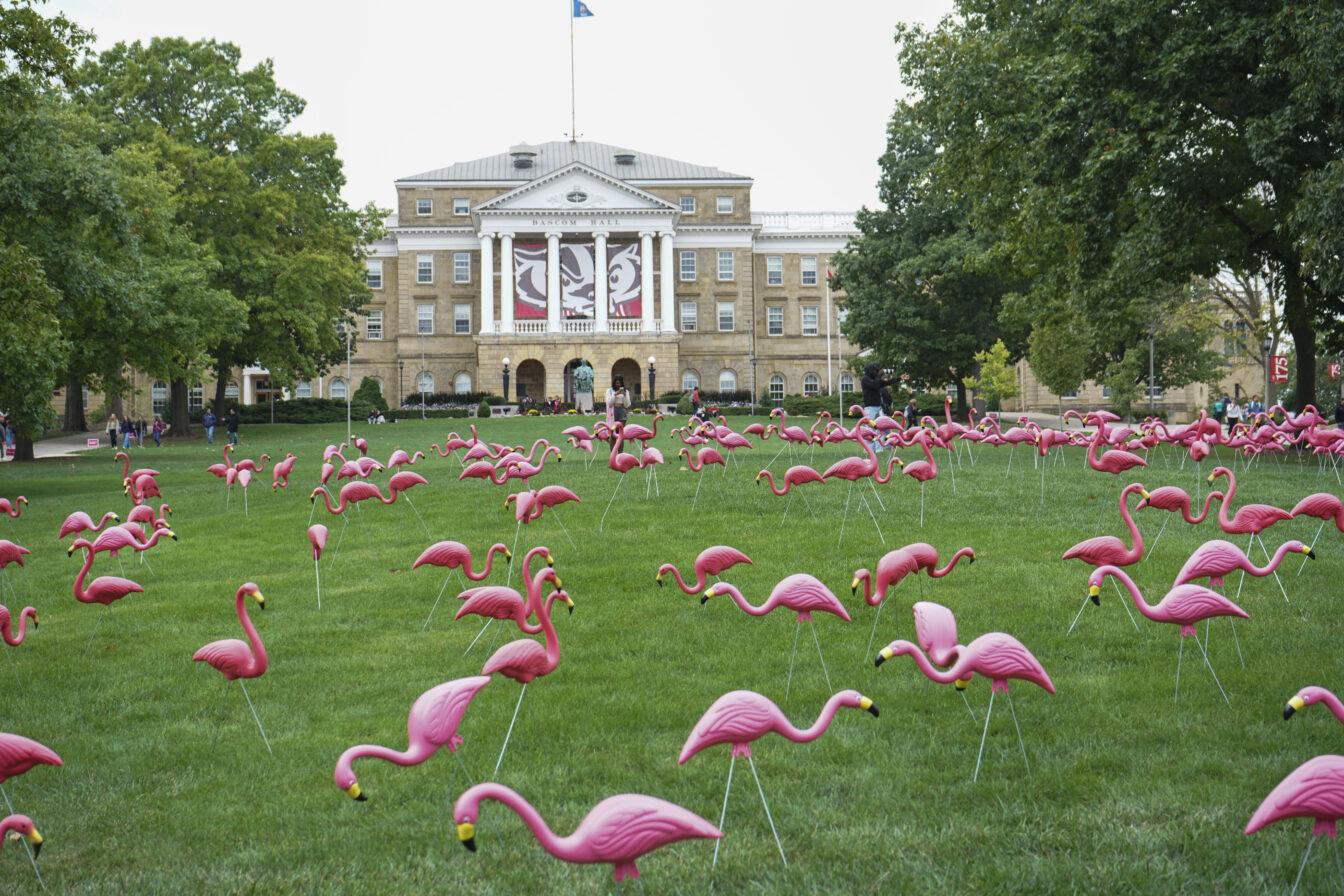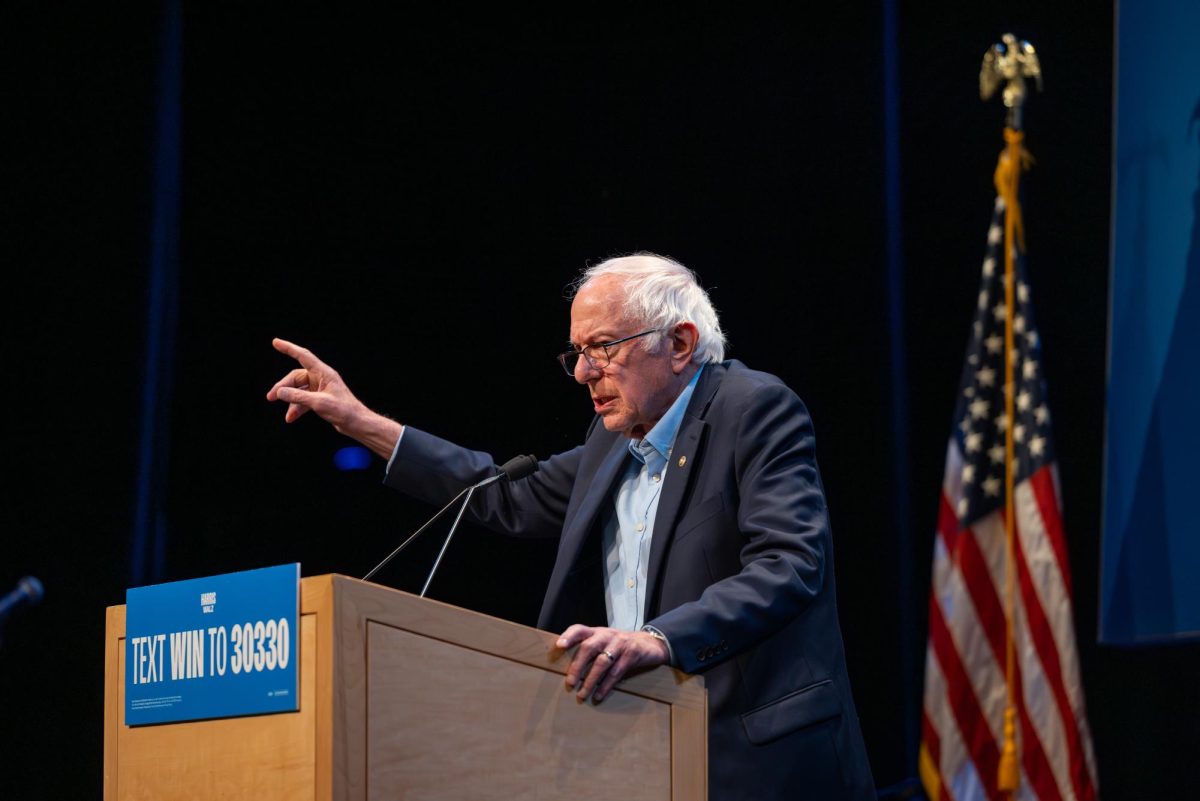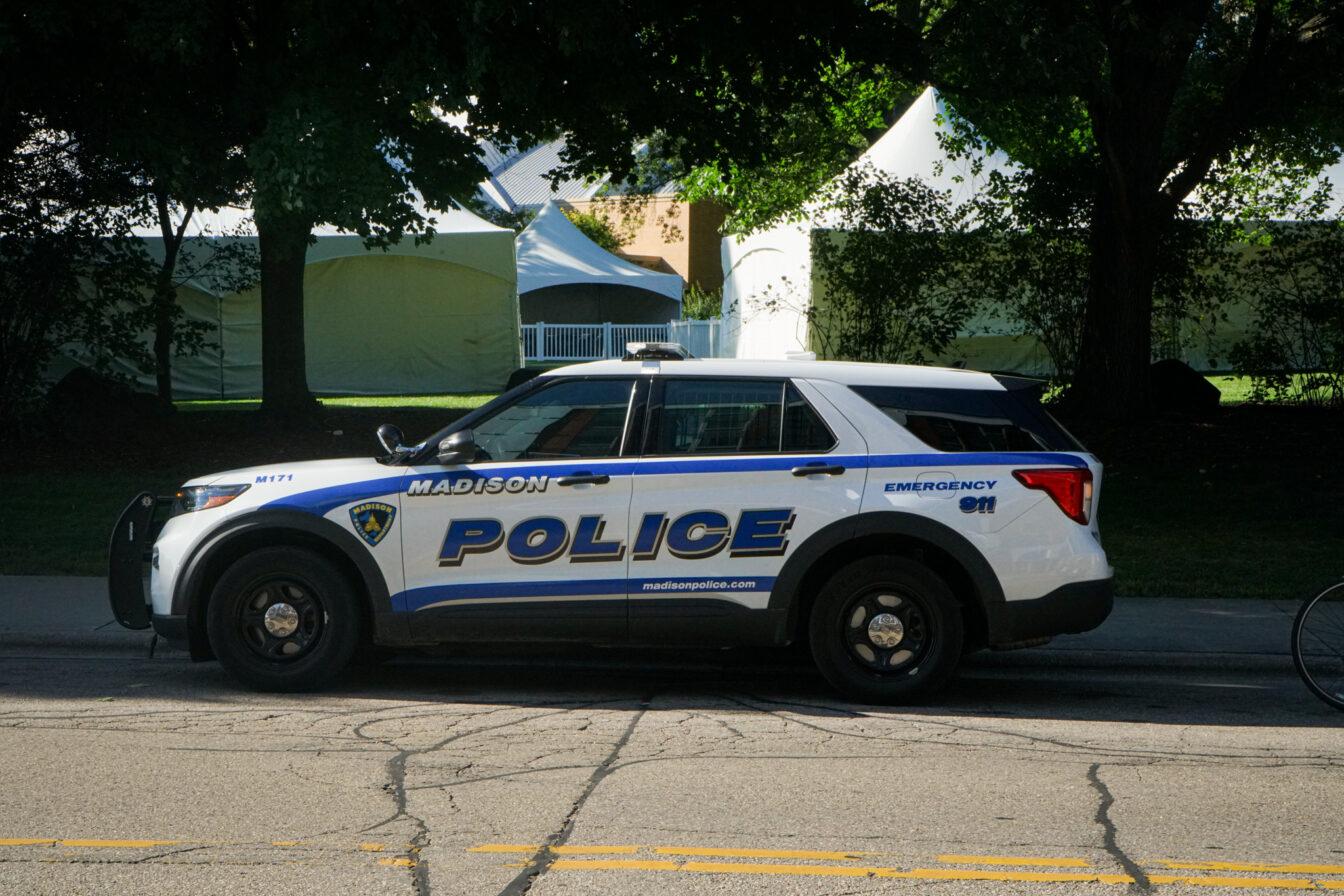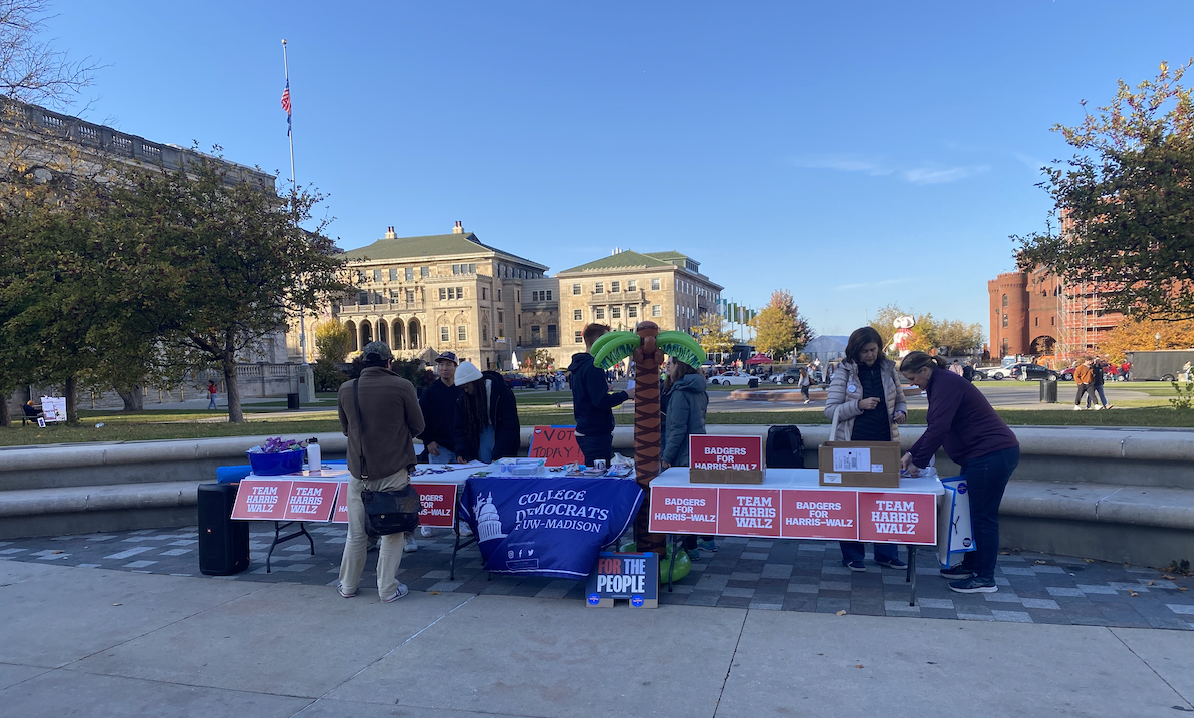The Alcohol License Review Committee decided Wednesday night to encourage bars to install hidden video cameras in their establishments.
ALRC member and Madison Police Department Sergeant Emil Quast said video cameras are valuable evidence in crimes.
“Detectives were able to identify a sexual-assault perpetrator through using video cameras from Club Amazon,” Quast said.
ALRC member Kent Palmer said hidden cameras have also helped curb illegal activity in businesses.
“A couple of places known for drug dealing posted signs saying the customers may be videotaped,” Palmer said. “Almost immediately, the drug-related problems were gone.”
Quast said the police department only uses cameras as evidence in serious crimes and severe safety-related problems.
“We have never used cameras to prosecute an underage drinker,” Quast said.
Several bar owners have wanted the installation of video cameras to be a condition on their liquor licenses so they can have a city-enforced reason to keep an eye on their employees, Palmer said.
“The No. 1 reason bars go out of business is theft,” Palmer said. “Bars want the cameras, and video monitoring has become a new trend in the last couple of years.”
City officials, including Ald. Brenda Konkel, District 2, and Ald. Tom Powell, District 5, have questioned the need for video cameras, suggesting installation of cameras should not be a provision of an establishment’s license.
“People are suspicious of what the tapes are being used for,” Konkel said.
However, ALRC members agreed that video cameras would not be mandatory for liquor license holders, even though cameras benefit their businesses and prevent crime. ALRC chair Tim Bruer voiced concerns about the customers’ rights and said bars should post signs notifying customers of the cameras.
“People should know they’re being videotaped,” Bruer said.
In other business, Gordon Cnare, who originally planned to open a new bar at 317 N. Frances St., withdrew his liquor license application after experiencing heavy opposition from the police department and the University of Wisconsin.
Sergeant Emil Quast said the location of the potential establishment is already too saturated with bars. He said the police department discouraged the business because more alcohol venues downtown would aggravate the already crowded and dangerous situation.







